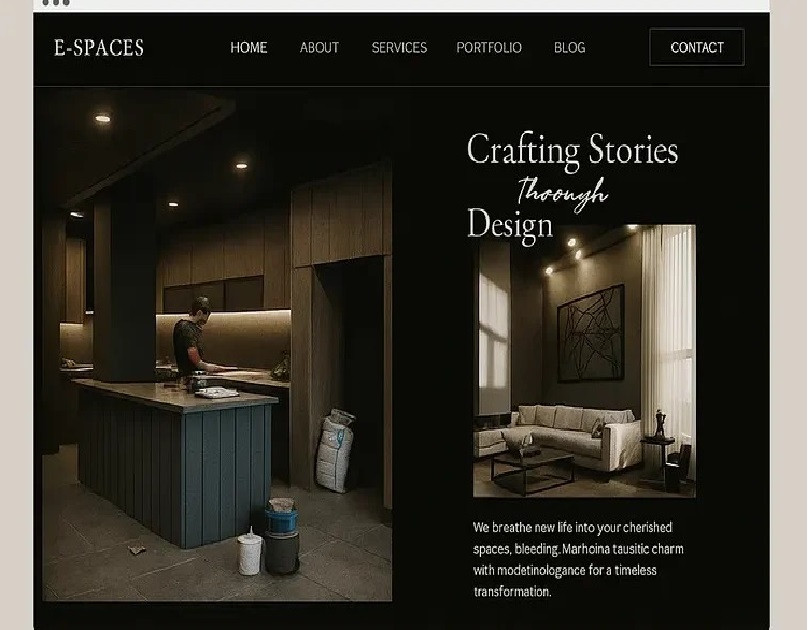In today’s fast-paced world, mental health services require a seamless online presence that speaks to patients before they even step through the door. A carefully structured digital platform ensures accessibility, clarity, and trust, acting as the first touchpoint for those seeking support. Modern mental health website design focuses on intuitive navigation, calming aesthetics, and user-friendly interfaces that make visitors feel understood and valued. By integrating visual appeal with functional layouts, websites become not just information hubs but welcoming spaces that encourage engagement, helping patients connect with professional guidance efficiently and comfortably.
Responsive Design: Enhancing Accessibility Across Devices
Creating responsive medical websites has become a necessity, as users access mental health resources across smartphones, tablets, and desktops. A website that adjusts effortlessly to different screen sizes enhances user experience, reduces bounce rates, and fosters consistent engagement. For healthcare providers, this ensures that critical information, appointment booking systems, and contact forms are always easy to navigate, regardless of the device. In addition, responsive platforms can support multimedia content such as video therapy introductions or mindfulness exercises, providing a richer interaction for visitors. This adaptability is key to maintaining a professional and welcoming online presence in today’s digital-first healthcare environment.
SEO Integration: Driving Visibility and Connection
Effective healthcare SEO services play a pivotal role in helping mental health websites reach those who need them most. By optimizing content, meta tags, and site structure, therapists and clinics can appear in search results when potential patients are actively seeking support. This includes carefully crafted blog posts, service descriptions, and location-based keywords that increase discoverability without sacrificing readability. SEO strategies also ensure that sensitive topics are handled thoughtfully, providing educational value while encouraging engagement. Through targeted optimization, mental health services can expand their reach, connecting with communities and individuals seeking guidance in an accessible and ethical manner.
Specialized Development: Tailored Platforms for Therapists
Offering website development for therapists focuses on delivering digital platforms that reflect the nuances of therapeutic practice. These websites emphasize confidentiality, client comfort, and informative content that builds trust. Features such as secure client portals, appointment scheduling, and integrated resources make daily operations smoother while enhancing patient experience. Tailored development also allows therapists to communicate their unique approach, specialties, and ethos in a visually cohesive and accessible way. By aligning technology with care, these platforms create a professional online identity that resonates with visitors, encouraging ongoing engagement and fostering meaningful connections.
Conclusion: Building Digital Bridges in Mental Healthcare
A thoughtful online presence is no longer optional; it is essential for modern mental health services. By integrating mental health website design, responsive layouts, specialized development, and strategic SEO, healthcare providers can create platforms that are both functional and inviting. These elements work together to enhance accessibility, foster trust, and extend the reach of vital services. A carefully curated website not only informs but also engages, offering a seamless digital experience that complements the therapeutic journey, ensuring that those seeking support feel welcomed, understood, and empowered to take the next step.
